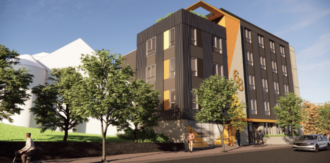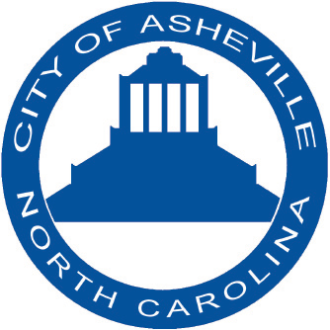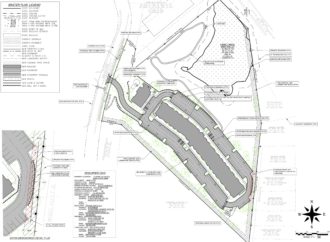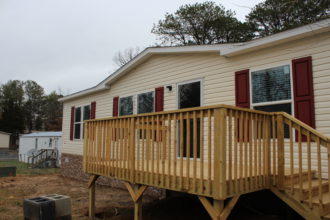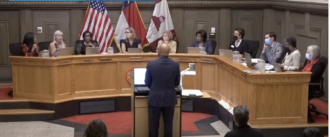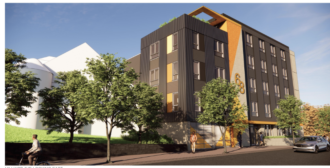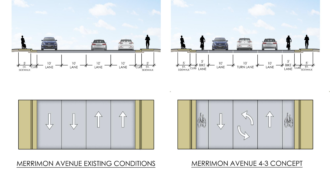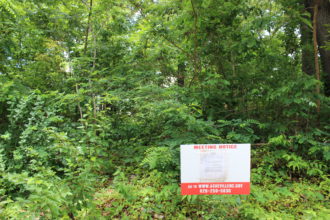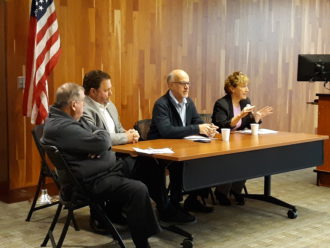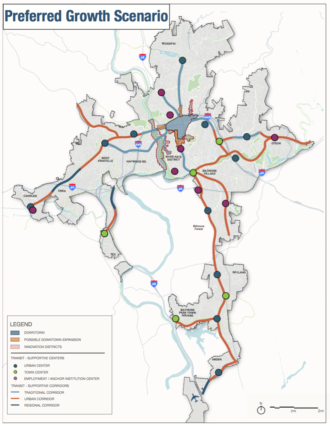With rising rents and a growing population, local leaders are using every tool they have to encourage more affordable developments, including the City of Asheville Land’s Use Incentive Grant program. City Council members say the program designed to encourage developers to offer affordable housing is good in theory, but in practice it might be shutting out minority families, perpetuating decades of racial discrimination in housing.
